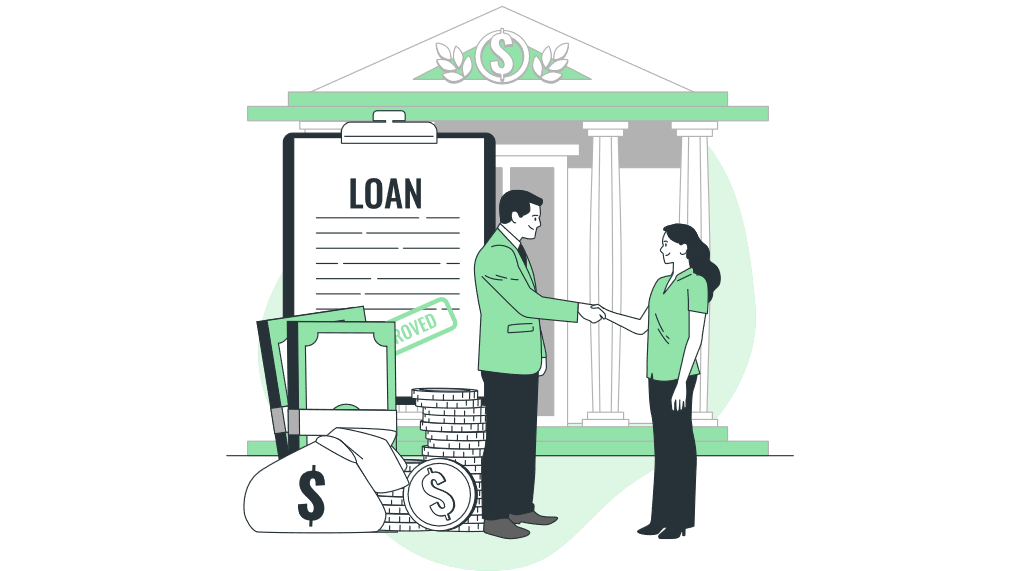Introduction
The Federal Government of Nigeria is set to receive a $1.7 billion loan from the World Bank, with approval anticipated as of September 26, 2024. This loan is expected to be channeled into three key sectors of the economy: strengthening primary healthcare, enhancing human capital development, and promoting sustainable agricultural and industrial growth. These projects are anticipated to have significant impacts on Nigeria’s healthcare, education, and agriculture sectors, supporting the nation’s broader socio-economic development goals.
A Closer Look at the $1.7 Billion Investment
- Primary Healthcare Provision Strengthening Programme – $500 million
- Aim: Improve primary healthcare services across Nigeria.
- Implementing Agency: Ministry of Health
- Human Capital Opportunities for Prosperity and Equity Governance (HOPE-Health) – $500 million
- Aim: Enhance education, health, and social services for human capital development.
- Implementing Agencies: Ministries of Budget and Economic Planning, Health and Social Welfare, and Education
- Sustainable Power and Irrigation for Nigeria Project – $700 million
- Aim: Promote agricultural and industrial growth through sustainable power solutions and irrigation systems.
- Implementing Agency: Federal Ministry of Water Resources and Sanitation
Implications for Stakeholders
- For Businesses: The healthcare, agriculture, and energy sectors present substantial opportunities. Companies involved in construction, medical equipment supply, pharmaceuticals, irrigation technology, and renewable energy can benefit from new contracts and collaborations. Monitoring these developments will be crucial for businesses looking to engage in these sectors.
- For Policymakers: While the loan presents valuable growth opportunities, careful debt management will be essential to ensure that the funds are used efficiently, supporting long-term economic stability.
- For Citizens: Nigerians will likely experience improved access to healthcare, education, and agricultural resources. Job creation is also expected, particularly in sectors directly affected by these investments, such as construction and agriculture.
Economic Impact and Global Implications
Positive Effects:
- Enhanced Healthcare and Job Creation: A $500 million investment in healthcare infrastructure will not only improve service delivery but also stimulate job creation in related industries, including construction and medical equipment supply.
- Human Capital Development: The HOPE-Health project will strengthen education and healthcare services, producing a more skilled workforce equipped to drive Nigeria’s socio-economic growth.
- Agriculture and Industrial Boost: The $700 million investment in sustainable power and irrigation will increase agricultural productivity, support food security, and stimulate agro-industrial growth.
Challenges:
- Debt Sustainability: As Nigeria’s foreign debt continues to rise, there are concerns about the maintenance of fiscal flexibility. Managing this debt effectively will be critical to avoid long-term economic consequences.
- Risk of Economic Dependency: Ongoing reliance on foreign loans could compromise Nigeria’s long-term economic independence, increasing vulnerability to external pressures and limiting the government’s ability to pursue policies that prioritize national interests.
- Global Perception: The scale of external borrowing may shape how international investors’ view Nigeria’s economic stability, which could influence foreign direct investment flows.
Looking Ahead: Maximizing the Loan’s Potential
As Nigeria prepares to receive this $1.7 billion World Bank loan, sectors such as healthcare, education, and agriculture will likely experience significant development. However, the management of the growing debt burden remains crucial to safeguarding Nigeria’s economic stability and independence. Stakeholders should stay informed and proactive to leverage these opportunities while managing associated risks. For more insights, please contact us at info@scp-law.com or visit our website at www.scp-law.com.





